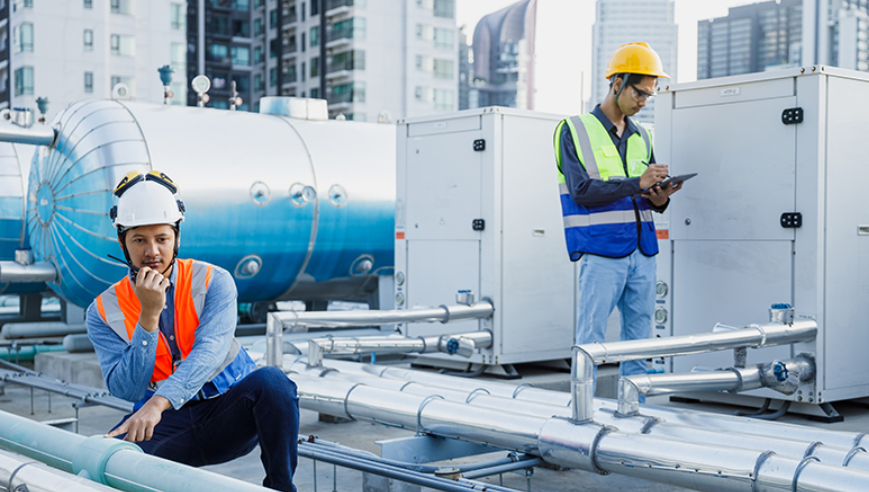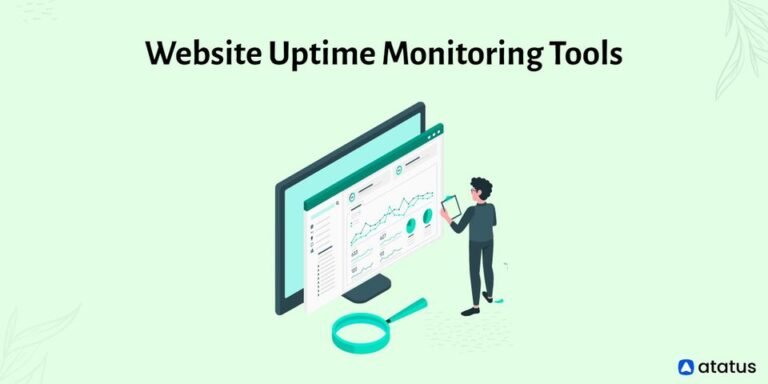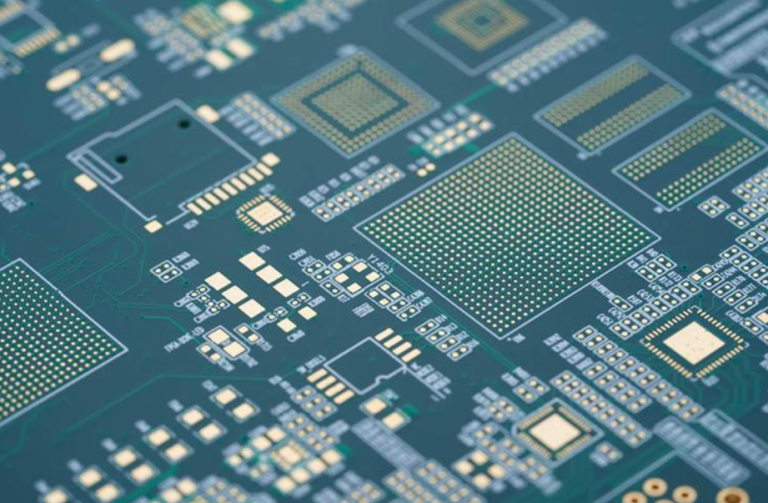Why Regular Maintenance of Industrial Air Systems is Essential

Industrial air systems form the backbone of manufacturing operations, providing the clean, pressurized air needed for countless processes. From powering pneumatic tools to maintaining sterile environments, these systems work around the clock to keep production moving. Yet despite their critical importance, many facilities treat air system maintenance as an afterthought until problems arise.
Regular maintenance of industrial air systems isn’t just good practice—it’s essential for operational success, cost control, and workplace safety. Understanding why consistent upkeep matters can help facility managers make informed decisions that protect both their equipment investments and their bottom line.
The Hidden Costs of Neglected Air Systems
Energy Waste Drives Up Operating Expenses
Poorly maintained air systems consume significantly more energy than properly serviced equipment. Air leaks, clogged filters, and worn components force compressors to work harder, driving up electricity consumption by 20-30% or more. In industrial settings where air systems operate continuously, these efficiency losses translate to substantial monthly utility bills.
Dirty heat exchangers and oil coolers reduce heat transfer efficiency, causing compressors to run hotter and consume additional energy to maintain output pressure. Regular cleaning and component replacement restore optimal efficiency, reducing energy costs while extending equipment life.
Production Disruptions Cost More Than Maintenance
Unexpected air system failures can shut down entire production lines, causing costly delays and missed delivery deadlines. The average cost of unplanned downtime in manufacturing exceeds $50,000 per hour, far exceeding the expense of preventive maintenance programs.
Emergency repairs typically cost three to five times more than planned maintenance activities. Rush parts orders, overtime labor rates, and expedited service calls quickly add up when systems fail unexpectedly. Proactive maintenance scheduling prevents these costly surprises while ensuring consistent air quality and pressure.
Safety Benefits of Proper Air System Maintenance
Preventing Dangerous System Failures
Industrial air systems operate under high pressure, creating potential safety hazards when components fail without warning. Burst pipes, exploding filters, and compressor malfunctions can cause serious injuries to nearby workers. Regular inspections identify worn components before they reach failure point, preventing dangerous accidents.
Proper maintenance also ensures safety systems like pressure relief valves and emergency shutoffs function correctly. These critical components protect both equipment and personnel from overpressure conditions that could cause catastrophic failures.
Maintaining Air Quality Standards
Many industrial processes require specific air quality standards to ensure product quality and worker safety. Contaminated compressed air can introduce moisture, oil, or particles into production processes, causing product defects or compromising sterile environments.
Regular filter changes, moisture separator maintenance, and air dryer servicing ensure consistently clean air delivery. This attention to air quality prevents contamination issues that could result in product recalls, regulatory violations, or health hazards.
See also: Chair Yoga Belly Fat Reduction Techniques for Effective Results
Equipment Longevity Through Preventive Care
Extending Compressor Life Expectancy
Air compressors represent significant capital investments, often costing tens of thousands of dollars or more. Proper maintenance can extend compressor life from the typical 10-15 years to 20-25 years or beyond, maximizing return on investment.
Regular oil changes, filter replacements, and component inspections prevent premature wear that shortens equipment life. Maintaining proper operating temperatures, pressures, and clearances ensures compressors operate within design parameters, reducing stress on critical components.
Protecting Downstream Equipment
Air system problems don’t stay isolated to compressors. Contaminated or inconsistent air affects every piece of downstream equipment, from pneumatic cylinders to control valves. Moisture, oil carryover, and pressure fluctuations cause premature wear and erratic operation throughout the entire system.
Proper maintenance of air treatment equipment, including dryers, filters, and separators, protects valuable production equipment from contamination damage. This comprehensive approach prevents cascade failures that could affect multiple systems simultaneously.
Optimizing System Performance
Maintaining Consistent Pressure and Flow
Industrial processes depend on consistent air pressure and flow rates to operate correctly. Variations in these parameters can cause quality issues, production slowdowns, and equipment malfunctions. Regular maintenance ensures system components deliver stable performance within specified tolerances.
Pressure regulators, control valves, and distribution piping require periodic calibration and adjustment to maintain optimal performance. Professional maintenance teams have the expertise and equipment necessary to verify and optimize these critical parameters.
Advanced System Monitoring
Modern maintenance programs incorporate monitoring technologies that track system performance in real-time. Vibration analysis, thermal imaging, and pressure monitoring help identify developing problems before they cause failures.
For facilities operating specialized equipment like a nitrogen generator system in New York or other critical applications, advanced monitoring becomes even more important. These sophisticated systems require precise maintenance timing to ensure reliable operation and product quality.
Implementing Effective Maintenance Programs
Developing Comprehensive Schedules
Successful air system maintenance requires structured scheduling based on manufacturer recommendations, operating conditions, and system usage patterns. Different components have varying maintenance intervals, from daily checks to annual overhauls.
Documentation of all maintenance activities helps track system performance trends and identify recurring issues. This data-driven approach enables continuous improvement of maintenance practices and equipment reliability.
Training and Expertise Requirements
Effective air system maintenance requires skilled technicians familiar with pneumatic systems, mechanical components, and electrical controls. Proper training ensures maintenance tasks are performed correctly and safely, maximizing their effectiveness.
Many facilities benefit from partnerships with specialized service providers who bring expertise and specialized tools that may not be cost-effective to maintain in-house. These partnerships ensure access to the latest maintenance techniques and technologies.
Maximizing Your Investment
Regular maintenance of industrial air systems delivers measurable returns through reduced energy costs, fewer emergency repairs, and extended equipment life. The relatively small investment in preventive maintenance pays dividends through improved reliability, safety, and performance.
Don’t wait for system failures to force maintenance decisions. Implement a comprehensive maintenance program today to protect your equipment investment and ensure uninterrupted production capability for years to come.






